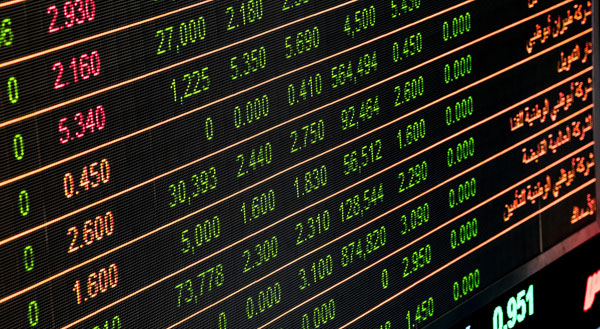Silicon Valley Bank collapse impacts the global financials

[Photo Credit to Pixabay]
Triggered by Silicon Valley Bank, the Signature Bank collapsed just two days later, sending the global financials on a roller-coaster ride as worries rose about more U.S. bank failures.
This crisis started when an astonishing announcement was made by the Federal Deposit Insurance Corporation(FDIC), announcing the collapse of the SVB.
An unprecedented bank failure since the financial crisis of 2008, the bank failure of SVB is significantly impacting the banks and the stock market.
The Signature Bank, trembling even before the SVB collapse, crashed down as depositors withdrew their money in fear of a bank failure.
With the growing anxiety, President Biden stepped in to cut the wave of anxiety.
President Biden’s speech on Monday, March 13th, aimed at the anxious depositors of the fallen banks, saying, “all customers who had deposits in these banks can be rest assured.”
Unfortunately, this did not stop the dramatic drops of regional banks - First Republic Bank dropped over 65 percent on Monday, and the stock markets were volatile.
The condition quickly spread globally - Credit Suisse, a Swiss bank that was struggling through the pandemic, met up with turbulence as the SVB situation unfolded.
The renowned 167-year-old bank struggled as it was trying to raise money, increasing the anxiety of its depositors along the process.
The financial health of this Swiss bank is worsening, as its biggest shareholder Saudi National Bank announced they would not increase its investment in Credit Suisse.
The European stocks also showed the effects of Credit Suisse, as Spanish bank Banco de Sabadell(SABE.MC) was down 9 percent, and French bank BNP Paribas(BNPP.PA) went down over 11 percent.
The Commerzbank of Germany was directly affected by the SVB collapse, dropping over 12 percent on Monday after the collapse.
However, situations were different for the top investment banks, which were regularly questioned about their financial health after the 2008 financial crisis.
Top investment banks such as JP Morgan, Morgan Stanley, and Goldman Sachs stayed stable compared to regional banks.
The effects on regional banks are visibly gloomy,
Still, the stability of the top investment banks in stock could be a sign for depositors to be “rest assured.”
Because of this fact, the bank crisis of the present day can be looked at separately from the crisis of 2008, the reason many citizens are worried about this situation.
Nevertheless, there remains the government's plan to wrap up this situation.
As shown by the plummeting stocks of regional banks, more regional banks are at risk of collapsing, which could develop into a phase where depositors lose their deposits - and the investors who invested money lose money.
Europe, already damaged by the effects of the Russo-Ukrainian War, is too weak to outstand the bank failures that could happen.
The European stock markets are also shown to be more volatile than the U.S.
FDIC guarantees deposits for the depositors of the recently-collapsed banks, but it is questionable if the government will continue this, if they could continue this, after all the money used during the pandemic.
Whether this situation will lead to a serious crisis remains to be seen in the future - dependent on the heart of the investors and the government officials planning for a resolution.

- Na-Ae Kim / Grade 9 Session 1
- California Connections Academy

![THE HERALD STUDENT REPORTERS [US]](/assets/images/logo_student_us.png)
![THE HERALD STUDENT REPORTERS [Canada]](/assets/images/logo_student_ca.png)
